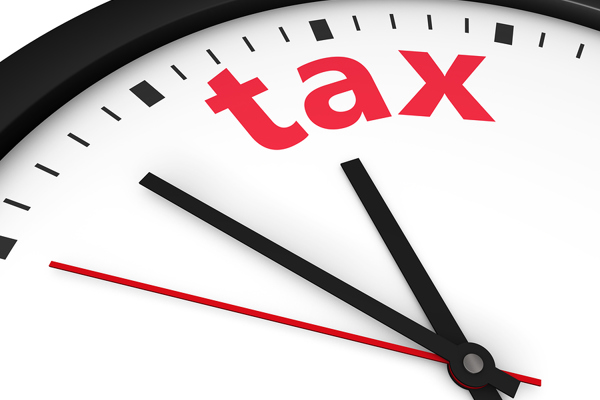MOD supports tax refunds
On the 8 May 2014, the Ministry of Defence confirmed in a letter to RIFT that service personnel can claim tax rebates. DIN '2015DIN01-005' was issued to all service personnel to officially confirm that service personnel can claim tax refunds against travel expenses on postings of under 24 months, even outside of the UK. This categorically removes any confusion which our MOD clients may have had about whether they could claim a tax refund.
We have spent a lot of time and money fighting for the rights of service personnel to be able to claim tax refunds and also to make sure that the MOD officially confirmed what we have always known to be the case - that MOD service personnel are eligible to claim a tax rebate when using their own vehicle to travel to temporary workplaces.
Extracts of the official statement from the MOD are below:
A tax refund may be claimed for the difference between the HMRC allowed rate of £0.45 per mile* and the MOD £0.21 per mile tax exempt allowance (i.e. on £0.24 per mile), provided the individual is on temporary duty, as defined by the relevant HMRC legislation, not by MOD policy. Please accept my reassurances that all of the relevant policy directorates are now aware of this basis for a valid claim for a tax rebate on home to duty mileage, as agreed with HMRC.
I hope that the above addresses your concerns and assures you that MOD is not preventing service personnel from submitting claims for tax rebates to HMRC. Should service personnel wish to avail themselves of your services, that is a matter for them."
*HMRC EIM32080 Travel expenses: travel for necessary attendance: temporary workplace: limited duration, the 24 month rule.
The extracts below explain where the confusion came about in more detail:
It seems clear to me that there has been quite a lot of confusion about the allowance, the tax position, how that tax position came about and what constitutes a valid claim for a refund. I have attempted to render this into as simple a statement of the position as possible. In doing so I have, no doubt, not used the normal financial language, for which I hope you will forgive me.
In your letter you state that HMRC has not undertaken any review of the application of the Temporary Workplace Rules to service personnel, it has, however, conducted a review of the tax treatment of HDT in relation to service personnel, apparently prompted in part by the spike in claims from service personnel. At first HMRC took the position that as a statutory body it could only do what statute allowed, but in a letter of 27 March 2014 it has agreed to accept the terms of a 1977 Ministerial Statement."
On the 5 July 1977, the Chief Secretary to the Treasury, Joel Barnett, wrote to the then Secretary of State for Defence, Fred Mulley, in which he set out an agreed position on the home to duty travel allowance for members of the armed forces. The relevant parts of this letter are:
(At a meeting on 29 June 1977) I agreed that the Government should introduce legislation at the Report Stage of the Finance Bill to exempt both (travel warrants and home to duty travel allowance) from tax in the hands of members of the Services.
..but the Revenue tell me that it would be possible for them to justify treating the allowance as not liable to tax under existing law… A serviceman is always on duty… his travel between home and barracks is between two places of duty rather than from home to duty, and the expenses of that travel are not taxable.
(Since) the allowance in the past has been regarded as not taxable, it would seem preferable to continue to regard it as not taxable rather than to introduce legislation which for the first time exempted a particular class of employee from the rules about home to duty travel which apply to everyone else.
Based upon this agreement (which articulated the existing situation), the MOD pays a HDT allowance rate of £0.21 per mile. This is not subject to tax.
The HMRC actually allow tax to be reclaimed on £0.45 per mile provided the individual is on temporary duty, which is defined as being for a term of under 24 months’ duration.
This has caused a lot of confusion as MOD refers to all postings as permanent, regardless of whether they will be for fewer than 24 months. This different interpretation of what was meant by a temporary posting resulted in a genuinely held belief by some that individuals who claimed a tax refund on HDT were doing so in breach of HMRC rules.
There also seems to have been a genuinely held belief that making any claim for a tax refund would expose the individual to remedial action by HMRC because of the tax-free £0.21 per mile HDT allowance. This resulted in concern not only that some service personnel might have to repay rebated money, thus occasioning them financial difficulties, but that the whole tax exemption of the MOD HDT allowance would be jeopardised, which would disadvantage many service personnel.





